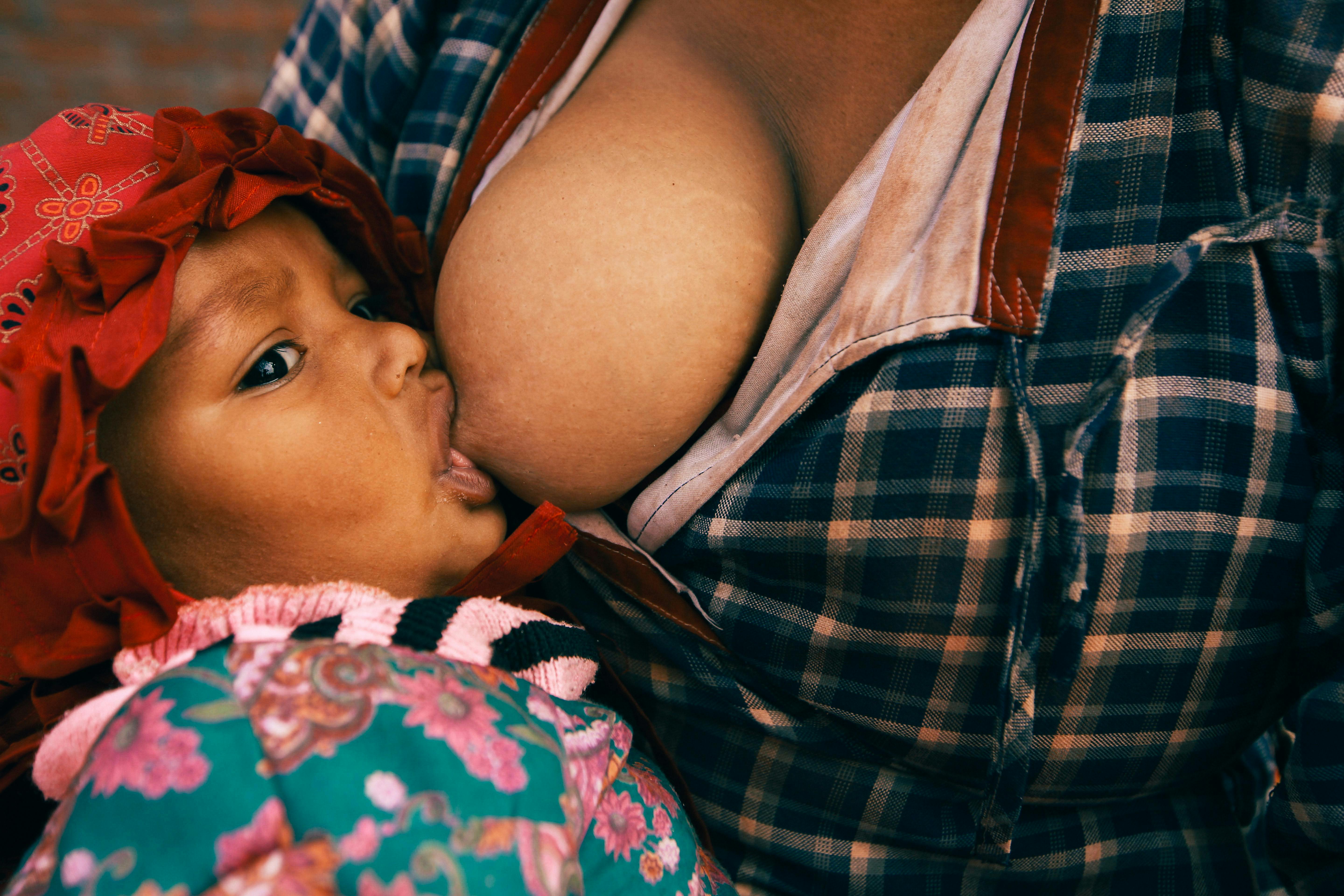From Perth to Malawi, we're exploring how a baby's first microbes - fed by breastmilk - shape lifelong health.
Microbes in our gut – known as the microbiota - have emerged as central players in human health and wellbeing. We know that the first ingestion by a newborn of these beneficial microbes is critical during human development, when foundations for lifelong health are laid down.
It is recognised that disturbing this early microbial ecosystem has both short- and long-term consequences, including an increased risk of infection and chronic inflammatory disease.
In this study we seek to understand how certain bacteria (beneficial Bifidobacterium) in the gut of babies ‘feed’ on the sugars present in breastmilk, and how this differs across global populations. We are trying to pinpoint what genes these friendly bacteria use to digest this precious first ‘food’ during a critical and influential developmental phase of life.
By comparing the microbiota and Bifidobacterium of babies from across the world, including stool and breastmilk samples from ORIGINS families, this study will determine how digestion of sugars in breastmilk promotes beneficial bacterial growth within the gut, and how it enables certain types of Bifidobacterium to help program important infant immune responses.
Samples from ORIGINS represents a key sample set that we will compare and contrast to mother and infant samples from many other geographically distinct countries including those in Europe, Asia, South America, North America and Africa.
Existing samples, already collected from 30 ORIGINS mother and child dyads, will be studied at 2 - 4 months of age, 6 months and 1 year. They will then be compared to similar sample sets from other countries at the same time points. These longitudinal samples are important so changes of Bifidobacterium and breast milk can be compared over time.
The ultimate goal of this study is to develop new cost-effective microbial and dietary therapies to promote newborn health.
This study is made possible with a Wellcome Trust Investigator Award, is a sub-project of ORIGINS and will be carried out by teams at the Technical University of Munich (Germany) and the Quadram Institute (UK).
Investigators
- Prof. Lindsay Hall Chair of Intestinal Microbiome, Technical University of Munich & Microbiome Group Leader, Quadram Institute
- Dr Nina D'Vaz, ORIGINS Biobank Manager at The Kids Research Institute Australia
For more information on this study
Email: Hall.Lab@quadram.ac.uk
Or get in touch with the ORIGINS team on (08) 6375 6300.




